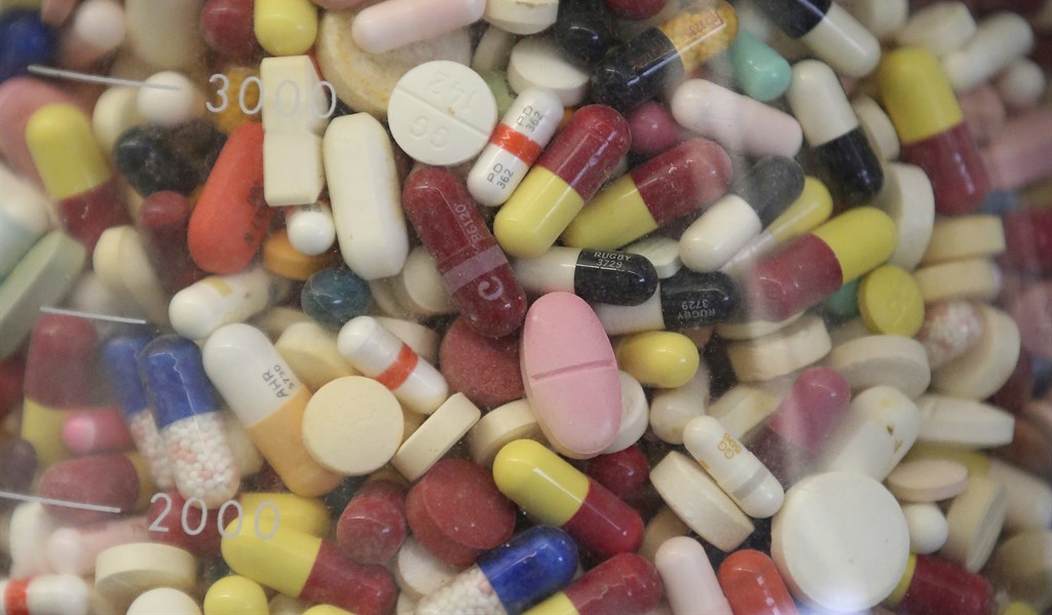The pharmaceutical sector is often characterized by 90 percent of wasted investments due to the rigorous process of drug approval. According to the Tuff Center for the Study of Drug Development, the average cost of drugs reaching market approval is $2.87 billion per approved drug. When the government limits incentives that motivate companies or individuals, the free market is hindered, and innovation is impeded. However, the remedy for lowering drug prices should not impede the ability of pharmaceutical companies to operate profitably.
The Lower Drug Prices Now Act (H.R.3) will create substantial leverage for the federal government to set drug prices. The bill would require pharmaceutical companies to agree to maximum acceptable prices, effectively allowing the federal government to set prices similarly to Europe or Canada. Unfortunately, while price controls may lower the cost of medications, they will not improve access to lifesaving medications or advance cutting-edge research.
Advocates of H.R.3 characterize the bill as a negotiation tool to give the federal government some leverage on setting drug prices. However, manufacturers often have limited flexibility to set prices. H.R.3 would empower the Department of Health and Human Services (HHS) to negotiate prices for certain drugs; specifically, the prices will be set based on a criterion that the federal government has created independently, without consideration of the capital intensive or high-risk nature of pharmaceutical drug production.
The bill will also subject drug manufacturers to civil penalties and tax hikes of up to 95 percent on the total sales of a drug if they do not agree to government-established price controls. Facing significant fines, pharmaceutical companies will have less capital to invest in research and development, and they will be unable to produce innovative life-saving medications.
In 2018, U.S. pharmaceutical companies invested an estimated $80 billion into drug research and development, resulting in numerous life-saving medications that improved patients' health outcomes. Around nine out of every ten drug candidates fail to win approval. That is a risk of a 90 percent chance of wasted investment that drug companies must take on.
Recommended
The high risk and cost associated with drug research and development are already significant. H.R.3 will further exacerbate the disincentive associated with undertaking new research and development. Price controls, unfortunately, would only deny access to future drugs.
A study conducted by the National Bureau Of Economic Research demonstrated that forcing pharmaceutical companies to cut prices will lead to 30 to 60 percent fewer research and development projects being undertaken, meaning fewer drugs for patients in need. A US Congressional Budget Office report estimates that H.R.3 would lead to between eight and 15 fewer drugs launched during the next decade.
Fears that price controls could deny patients access to life-saving drugs is not an abstract concern but a real problem facing patients in countries that have imposed price controls. A groundbreaking treatment for drug-resistant forms of HIV that is widely available in the U.S. is not available in Australia, Canada, Japan, or the United Kingdom. This lack of availability is predominantly due to government bureaucrats lowering prices below cost. Americans deserve quick access to groundbreaking treatments for our most vulnerable populations, something that price controls will deny.
Reduction in new treatments and drugs would also lead to drug shortages. In Canada, a country with rigid price controls, pharmacists regularly report drug shortages, with 79 percent saying these shortages have worsened over the past three-five years. If H.R.3. is passed, drug shortages, and the adverse health outcomes associated with them, will undoubtedly be seen in the U.S., leaving patients worse off.
It is estimated that between 43,000 and 103,000 foreigners come to the U.S. each year searching for medical treatment. The majority of them view the United States as their last chance for treatment denied to them in their home countries. In addition, medical tourism provides significant economic benefits to the U.S. economy, with approximately $5 billion or 400,000 patients coming annually, according to the Deloitte Center for Health Solutions.
The economic impact of medical tourism would be imperiled by price control because it will reduce the supply of breakthrough treatment in the U.S. A reduction in innovative medicine in the U.S will disincentivize foreign patients from seeking treatment in the U.S. The U.S. can only be a leader in health tourism when it has an abundance of innovative drugs that foreign patients cannot access in their home country. H.R.3 poses a risk to our drug supply.
The U.S. benefits from an abundance of supply due to the free market system. Drug companies are incentivized to introduce breakthrough treatments in the U.S. first than in other countries due to its non-regulation of prices.
While H.R.3 may lower drug prices in the short term, the effects of the bill could be far more damaging. Not only will fewer drugs be available, but drug shortages could become a significant problem for Americans seeking access to lifesaving medications.
In exchange for some short-term price reduction, H.R.3 threatens access to medicine, innovation, research, and drug shortages, which can negatively impact the U.S. healthcare system. Reforming Pharmacy Benefit Managers, for example, rather than establishing price controls or allowing medications to be imported from Canada, is essential for lowering drug prices in a system that currently lacks transparency.

























Join the conversation as a VIP Member